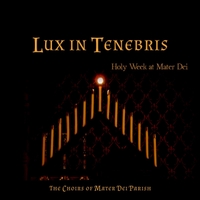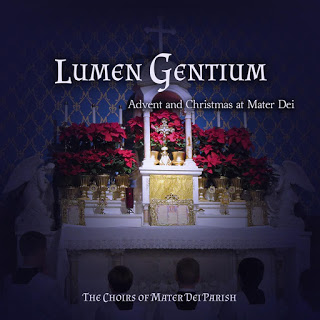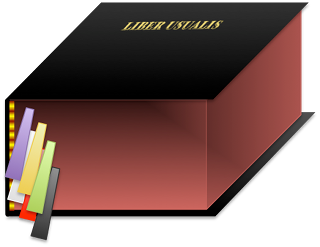An Epiphany Mass Setting
Pending a few tweaks here and there, I recently completed a Mass setting for SATB for the Epiphany of Our Lord, part of a project to honor the Infant Jesus. I am releasing this setting under Creative Commons. Download links are at the bottom of this post.
I’ve put most of my commentary into the interpretation notes, also attached to the bottom of the post. The Mass setting attempts to combine elements of the Baroque, the Renaissance, and the Byzantine (though unquestionably still in the Western style), like unto the three gifts of gold, frankincense, and myrrh. Please find more imagery and background information in the interpretation notes.
The featured image (a detail of a painting by Gentile da Fabriano) was largely the inspiration for this Mass setting.
If, for any reason, one of the videos below won’t load or play, right-click on it and open it in a new tab. That seems to make it load properly.
Kyrie
The Kyrie introduces the main theme in minor. The 16th notes with 8th notes following suggest the quavering of the Byzantine style, although, overall, this is a Renaissance style piece.
Gloria
More Baroque than some of the other movements, the Gloria is sung more quickly and, at times, with a bouncy and trumpet-like feeling. Various scales, including a descending augmented 2nd in the Tenor, sneak the Eastern sound in at Domine Deus Rex Caelestis, Deus Pater Omnipotens.
At the first Jesu Christe, marked A piacere, I intend for the director to take each measure as desired. Thus, while the parts move together, some measures may be longer than others.
The penultimate measure is one place that may be tweaked beyond just a lyric placement. The Tenor moves up to C, then B-flat. Originally, the C was a quarter note and the B-flat a half, but this produced parallel octaves with the Soprano. As it is now, there are parallel 7ths with the Soprano. I’m not sure which is better or worse.
Et Incarnatus Est
Being a Mass for Christmas or Epiphany, it seemed appropriate to emphasize those lines of the Credo concerning the incarnation of Our Lord.
UPDATE 2020-01-13:
In measure 13, beat 1, the Bass note has been changed from a D to a G. The change has been made to the PDF download as well.
Sanctus
The Sanctus is the song of the angels. The Hosannas are imitated later in the Benedictus as well as in the dona nobis pacem of the Agnus II.
Benedictus
I wrote the Benedictus as the song of the kings and their concierge, the song of the star, their combined song, and the song of the angels. Here, particularly, I see the featured image painted, as it were. At Mass, the Benedictus seems tied very closely to the Epiphany itself, with its proximity to the Consecration.
Agnus Dei I
The Agnus Dei I points back to the Agnus Dei of the Gloria.
If there is time, you could repeat the Agnus I before singing the Agnus II.
Agnus Dei II
Though in major, this movement is closest to the Kyrie in its theme. Even the dona nobis pacem theme was first introduced in the Christe section, in the relative minor.
Bonus #1: Multi-Choir Sanctus Intonation
I wrote an alternate start of the Sanctus for larger groups. With this intonation, the singers are divided into three choirs of three parts each (nine choirs of angels). The choirs should probably be separate, though still in the choir space, but perhaps at the left, middle, and right sides. As marked, the middle choir is at a somewhat quieter dynamic than the other two, as an echo.
You might have to experiment with it to determine what works best for a given space–if it works at all.
Bonus #2: Organ Postlude
Finally, as an added bonus, I developed a theme from the Gloria into an invention for organ for use as a postlude after Mass.
As this is my first attempt at writing for organ, there might be a few squirrelly things here or there. The suggested fingering is based on my trial and error efforts to play it on the piano, with the assumption that there are at least two registers of keyboard (the ability to overlap slightly, e.g. at measure 5) plus pedals. As a pianist (perhaps in name only), I’m not at all versed in playing organ pedals; and concerning the piano, Victor Borge used to say that the pedal in the middle is there to separate the other two :-).
Project in Honor of the Infant Jesus
Our parish is in the middle of a capital campaign to build a larger church (there are currently five Masses every Sunday in the present church). The pastor has placed the project in the hands of the Infant Jesus, and part of my prayer for the success of the project has been to compose music in His honor. Other compositions in honor of the Infant Jesus include:






1 thought on “Missa in Epiphania Domini – Drake”